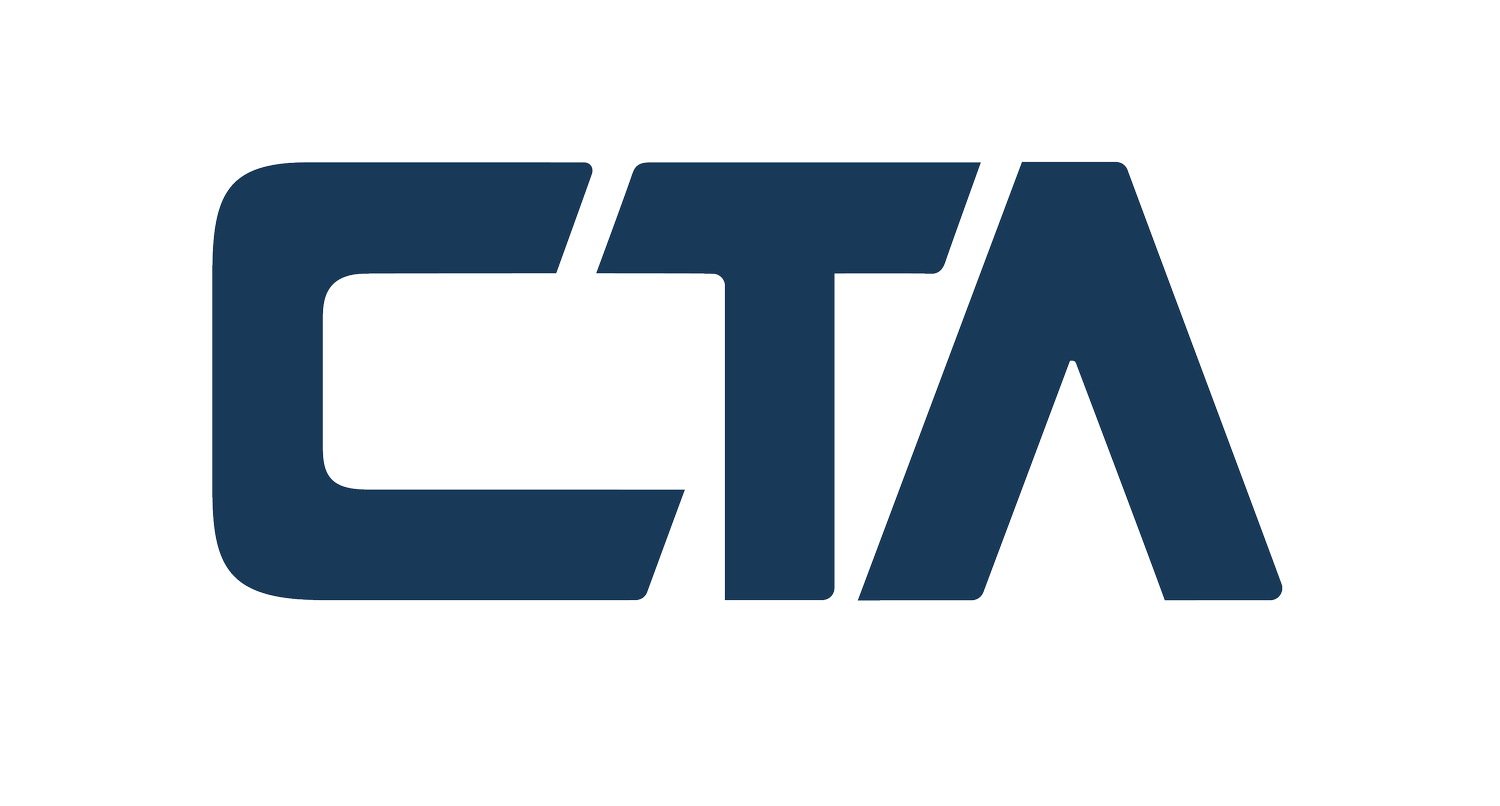When considering implementing a cost segregation study for your commercial or residential property, one of the first questions that likely comes to mind is, “How much does a cost segregation study cost?”
This is a crucial consideration, as understanding the expenses involved can help you assess the feasibility and potential return on investment of this tax-saving strategy. In this article, we’ll delve into the factors that influence the cost of a cost segregation study and provide insights to help you make informed decisions.
Understanding Cost Segregation Studies
Before discussing costs, let’s briefly review what a cost segregation study entails. A cost segregation study involves a detailed analysis of a property’s components to identify assets that can be reclassified for accelerated depreciation. This process requires specialized expertise, typically provided by engineering or construction cost estimation firms, to ensure accuracy and compliance with IRS guidelines.

Influencing Factors
Several factors can influence this cost:
- Property Type and Size: The complexity and size of the property being studied play a significant role in determining the cost. Larger properties or those with intricate building systems may require more extensive analysis, resulting in higher costs.
- Scope of Work: The scope of the study can vary based on the client’s specific needs and objectives. A comprehensive study that includes detailed engineering analyses and site visits will typically incur higher costs than a more basic analysis.
- Level of Detail: The depth of the study and the level of detail required to accurately identify and classify assets can impact costs. More thorough studies that involve detailed documentation review and asset categorization may require additional time and resources, thus increasing the overall cost.
- Provider Expertise: The experience and expertise of the firm conducting the study can influence pricing. Established firms with a track record of delivering high-quality results may command higher fees than less experienced providers.
- Location: Regional differences in labor costs and market dynamics can also affect the cost. Properties located in high-cost metropolitan areas may incur higher fees than those in less expensive regions.
Average Cost of Cost Segregation Studies
While the cost of this can vary widely based on the factors mentioned above, industry estimates suggest that the average cost typically ranges from $5,000 to $30,000 or more for a single property. However, it’s essential to note that these are general estimates, and actual costs may vary based on specific circumstances.
Maximizing Return on Investment
While the upfront cost of this may seem significant, it’s essential to consider the potential tax savings and return on investment (ROI) it can generate over the property’s depreciable life. By accelerating depreciation deductions and reducing taxable income, a cost segregation study can result in substantial tax savings, often outweighing the initial expense of the study.
Conclusion
While the cost of this can vary based on several factors, it’s crucial to view it as an investment rather than an expense. By unlocking accelerated depreciation deductions and maximizing tax savings, a cost segregation study has the potential to deliver significant ROI for property owners. When considering whether to undertake the study, it’s essential to weigh the potential benefits against the upfront costs and engage qualified professionals to ensure accurate and compliant results. Ultimately, a well-executed cost segregation study can be a valuable tool for optimizing tax efficiency and enhancing the financial performance of real estate investments. Unlock significant tax savings on your property investments with the help of skilled cost segregation consultants.









